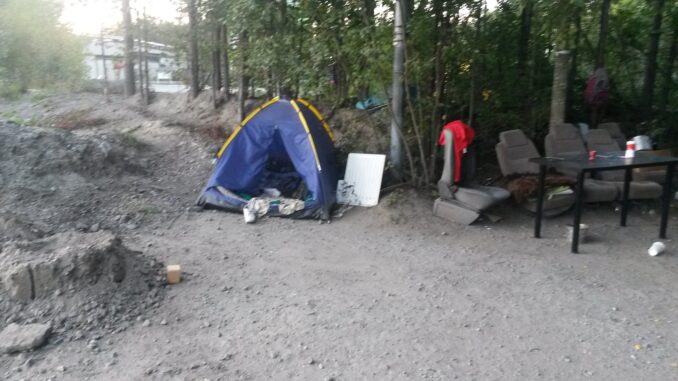
In the pursuit of shedding light on societal challenges, journalists play a crucial role in shaping public perception. However, with this responsibility comes the risk of unintentionally perpetuating negative stereotypes and stigmatization, particularly when reporting on sensitive issues such as begging. Recent coverage of Irina Bujor and her family’s struggles has sparked concerns about the potential harm it might inflict on other beggars in the same city.
Generalization and Stereotyping:
The power of storytelling lies in its ability to evoke empathy and understanding. Conversely, it can also lead to unintended consequences when an individual’s story is mistakenly generalized to represent an entire group. In the case of Irina Bujor and her family, it is imperative to recognize that their circumstances are unique, and any attempt to apply their experiences universally to all beggars in the city risks fostering negative stereotypes and unfair assumptions.
Public Perception:
The framing of an issue and the language used in reporting can significantly shape public perception. If an article portrays begging as merely a lifestyle choice without delving into the complex underlying issues, it may inadvertently contribute to negative attitudes towards all individuals engaged in begging. To foster a more nuanced understanding, journalists must strive to emphasize the multifaceted nature of the challenges faced by those experiencing poverty.
Community Response:
The community’s response to such reporting can have profound consequences for individuals engaged in begging. Increased scrutiny, discrimination, or hostility may become unintended byproducts if the public interprets the article as a blanket representation of all beggars. Responsible journalism should aim to educate the public about the diverse factors contributing to begging while discouraging unfair judgments that may harm the most vulnerable members of society.
Advocacy and Empathy:
Journalism has the potential to be a powerful force for positive change. If an article serves as a call to action, advocating for solutions to address the root causes of poverty, it can lead to increased empathy and support for those in need. By highlighting systemic issues and encouraging community engagement, journalists can contribute to a more compassionate and informed public discourse.
In conclusion, responsible journalism requires a delicate balance between highlighting individual stories and avoiding harmful generalizations. The complexities of begging, poverty, and social issues demand nuanced reporting that goes beyond surface-level portrayals. If concerns arise regarding potential harm from an article, media outlets should proactively address these issues, providing additional context or clarification to mitigate unintended consequences. Ultimately, the goal should be to foster understanding, compassion, and positive change in our communities.
redaktionen@dikko.nu
Att vara en oberoende tidning kostar pengar därför använder vi oss av crowdfunding. Det innebär att människor med små eller stora summor hjälper till att finansiera vår verksamhet. Magasin DIKKOs insamlingen sker via swish: 123 242 83 40 eller bg: 5534-0046
Vill du annonsera eller sponsra, synas eller höras i våra media?
Kontakta oss på redaktionen@dikko.nu
eller ring 0768 44 51 61
IBAN: SE19 9500 0099 6042 1813 4395
BIC: NDEASESS




